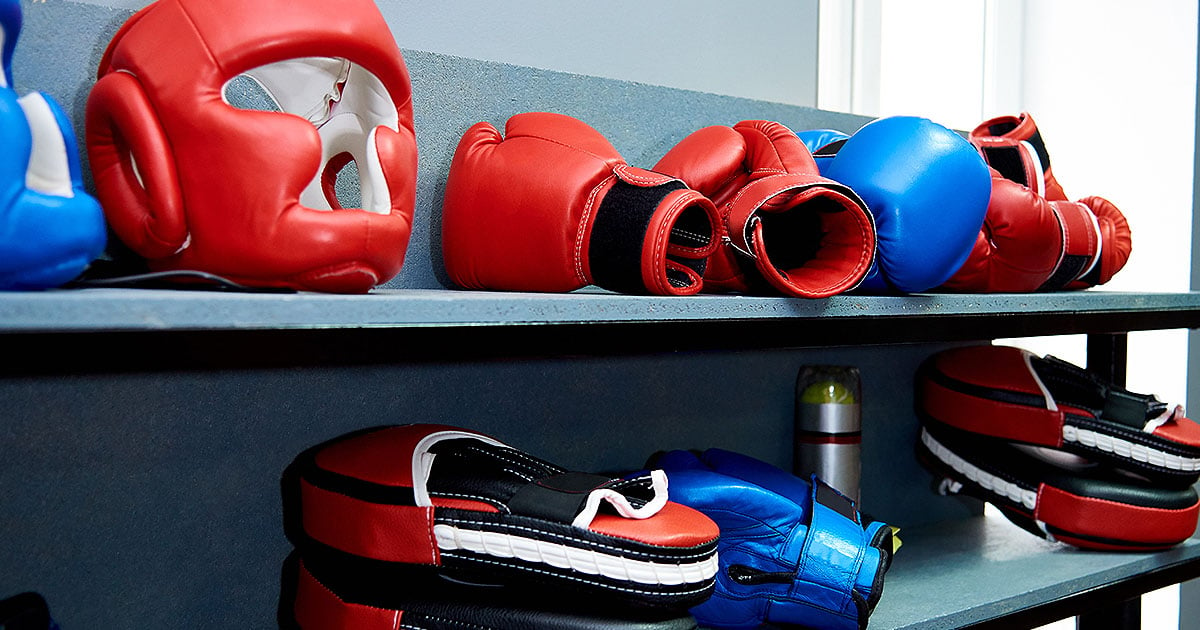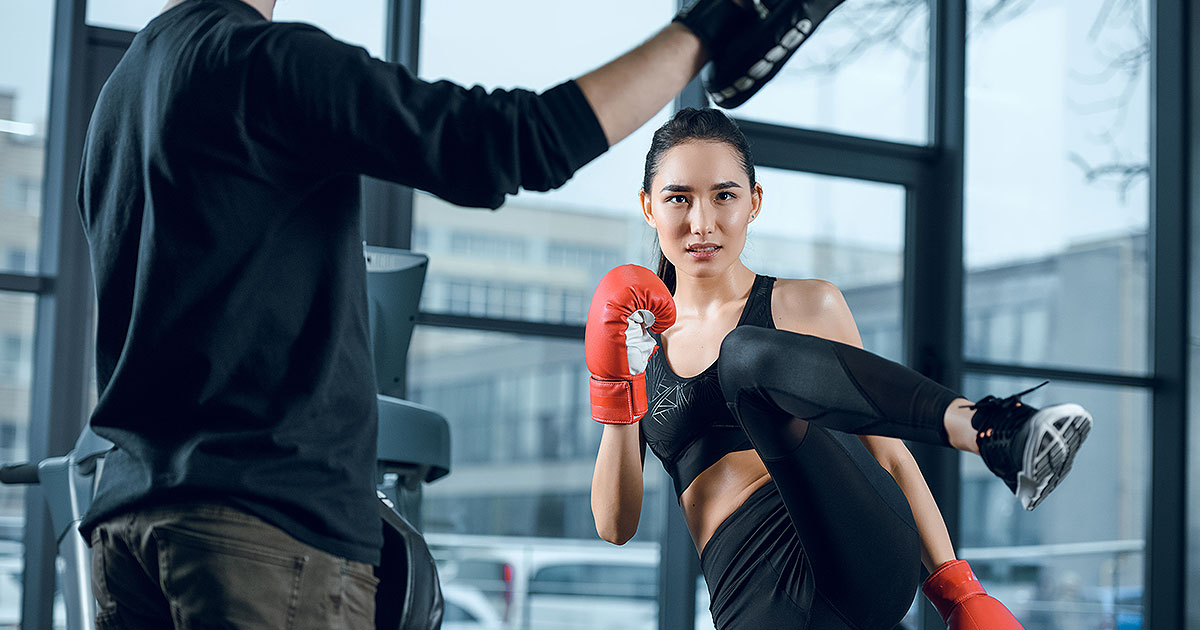Knowing Your Body: How to Improve Your Martial Arts Forms
Forms are a central focus for many traditional martial arts, as they act as a showcase for many of the skills a martial artist must learn. To perform martial arts forms at a high level, a martial artist needs a strong foundation of the various kicks, punches and stances, along with ample body awareness, memory, commitment, balance, discipline, strength and focus.

It’s a beautiful expression of a martial art and students will have to perform them during their belt tests. It’s also a core component of many martial arts tournaments, enabling competitors to utilize their most effective forms to best the competition and prove their commitment and expertise. Here are some tips to help take your martial arts forms to the next level.
Bring Balance Back To Your Body
To perform moves at the correct angles with a full range of motion, you’ll need a few things. First, high kicks and deep stances require a high level of flexibility. Next, body imbalances should be worked on, in order to help improve the fluidity and full extensions of different strikes within the martial arts forms.
Chronic muscular tension can make some moves or transitions seem limited, forced or choppy. Take a look at this great article by Breaking Muscle on how to bring balance to your martial arts training.
Cross-Train with Yoga
Thankfully, yoga continues to become more accepted as a great form of exercise, therapy, and practice that’s shedding any irrational thoughts of it being primarily a woman’s practice. Yoga can help martial artists in many ways. Some of these include boosting flexibility, mindfulness, commitment, stress-release, and increasing your mental focus and strength. While martial arts training provides many of the same benefits, cross-training with yoga — with its focus on deep, dynamic stretches that require strength — can help work out some of those muscular imbalances mentioned earlier, while improving your flexibility and concentration.
Perhaps the biggest benefit it provides for martial arts forms is the increase in body awareness. For example, when you’re in certain yoga poses that require straight arms that must be parallel to the ground, your perception of parallel may be different from reality. The more times you encounter a difference between your perception and reality, the better your body awareness will become. Think of how that kind of regular practice will help things like your precision during competitions.
Execute with Conviction
When performing your strikes, you have to execute with confidence, while also maintaining control. You have to throw strikes with all of your body weight but, without control, your form will be very sloppy. However, if you’re throwing punches carefully and slowly, in order to maintain control, your martial arts forms won’t be impressive to the viewers and won’t stand up to competition or real world situations. Throwing the hardest strikes you can while maintaining a full range of motion is what you want to focus on. This allows you to strike with conviction, without falling into recklessness
Mindfulness Is Key
Martial arts forms require a lot of focus. Even if you’ve ingrained every single martial art form into your mind and your muscle memory, without focus, your martial arts forms will lack intensity and spirit. Some martial artists may find difficulty performing, when it comes to the pressures of a martial arts tournament or a belt promotion exam. With extreme focus and powerful movement, you can captivate judges and viewers. For people who appreciate martial arts, watching someone perform a high-level kata should evoke energy and emotion.
Practice, Practice, Practice
There’s a reason why you practice strikes over and over, in your martial arts class. Incredible amounts of repetition are required, if one wants to perform anything challenging and progress to a more elite level. If you want to succeed, you have to repeat your martial arts forms over and over again, remembering that even champions repeat these same steps.
/Martial%20Arts%20Staff%20Retention%205%20Ways%20to%20Keep%20and%20Grow%20Your%20Best%20Team%20Members.png?width=1200&name=Martial%20Arts%20Staff%20Retention%205%20Ways%20to%20Keep%20and%20Grow%20Your%20Best%20Team%20Members.png)
Are you competing soon? You ought to prepare two different forms that are reflective of your belt level, in the case of a tie. Every tournament’s rules are different but having a backup can help you, if the tournament doesn’t let you repeat the same form, in order to break a tie.
/How%20to%20Promote%20Your%20First%20Martial%20Arts%20Tournament.png)


